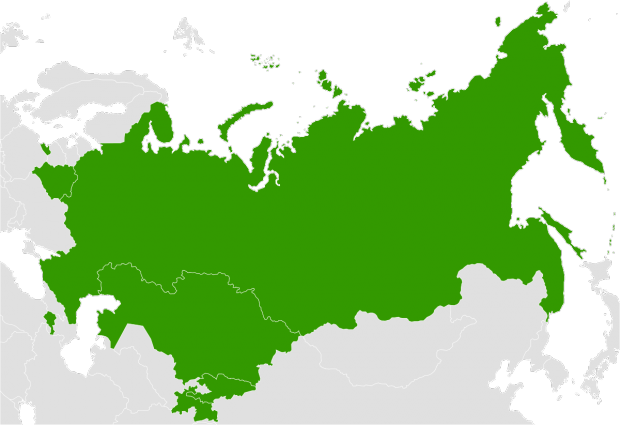Created 30 years ago, CSTO steps out for the first time in Kazakhstan

Map of CSTO
By Habib Toumi
Manama: As the events were unfolding dramatically in Kazakhstan, a new actor with a major role made its first appearance since it was created 30 years ago: The Collective Security Treaty Organisation (CSTO).
It was the first time that the CSTO agreed to send “peacekeepers”, a clear departure from its stance since it had never deployed its forces to intervene in a conflict in another country.
“The CSTO stayed out of the 2005, 2010, and 2020 revolutions in Kyrgyzstan, the June 2010 interethnic violence in southern Kyrgyzstan, the Nagorno-Karabakh conflict between Armenia and Azerbaijan in autumn 2020,” reports said.
“It did not attempt to intervene or mediate in the brief border fighting between Kyrgyzstan and Tajikistan in April 2021.”
The CSTO may have stayed away from these conflicts in CSTO member states as they seemingly did not meet Article 4 of its Charter under which the organization will send troops only to help a member state whose territory or sovereignty is threatened by an external force.
However, it agreed after Kazakhstan’s President Kassym-Jomart Tokayev officially asked the organisation to deploy troops to help “pacify” the ongoing unrest in the country that included “foreign-trained terrorist gangs.”
The next day, troops began arriving in Kazakhstan.
Kazakhstan’s massive protests sparked on January 2 from anger over the hike of the price of car fuel in the western Mangistau region. The protests inexorably spread to major cities and mutated into calls for politicalchange, prompting the call by Tokayev to make the call for the CSTO intervention.
The CSTO is an intergovernmental military alliance made up of six countries. It started as the Collective Security Treaty signed on May 15, 1992, by Russia, Armenia, Kazakhstan, Kyrgyzstan, Tajikistan, and Uzbekistan. Azerbaijan, Belarus, and Georgia joined in 1993 and the treaty came into force in 1994.
Azerbaijan, Georgia, and Uzbekistan later pulled out and in 2002, as Central Asia gained weight in geopolitics and the US invaded neighboring Afghanistan, the remaining six countries – Armenia, Belarus, Kazakhstan, Kyrgyzstan, Russia and Tajikistan- agreed to establish the Collective Security Treaty Organization as a full-blown military alliance.
In 2007, the CSTO created a 3,600-strong peacekeeping force and, in 2009, established a rapid-reaction force of what reportedly 20,000 elite staff.
According to the CSTO, the forces would be engaged in “the protection of important state and military facilities, assistance to the forces of law and order of the Republic of Kazakhstan in stabilising the situation and returning it to the legal order.”
The CSTO is intervening under its Article 4 (Similar to Nato’s Article 5 on collective defence) that states: “If one of the States Parties is subjected to aggression by any state or group of states, then this will be considered as aggression against all States Parties to this Treaty. In the event of an act of aggression against any of the participating States, all other participating States will provide him with the necessary assistance, including military, and will also provide support at their disposal in exercising the right to collective defence in accordance with Article 51 of the UN Charter.”
Russia was the first member to send troops. On Friday, the parliament of Kyrgyzstan agreed to send Kyrgyz peacekeepers as part of the CSTO peacekeeping forces to Kazakhstan.
In the capital Bishkek, Kabar news agency quoted Head of the State Committee for National Security Kamchybek Tashiev as saying that Kyrgyzstan plans to send 150 military personnel, eight armored vehicles and 11 vehicles.
President Sadyr Zhaparov later signed a decree to send the military contingent.
The Tajik parliament also agreed to send “peacekeeping forces within the framework of the CSTO to Kazakhstan.”
According to reports, the Ministry of Defense said that 200 Tajik servicemen will go to Kazakhstan.
Armenia and Belarus have also agreed to send troops.
























































